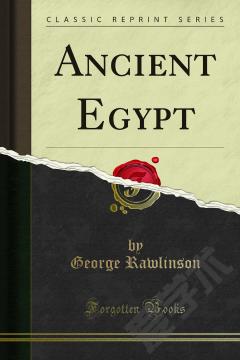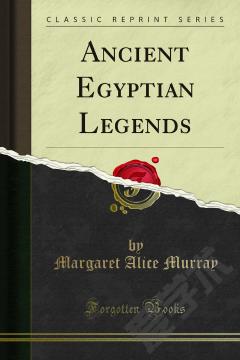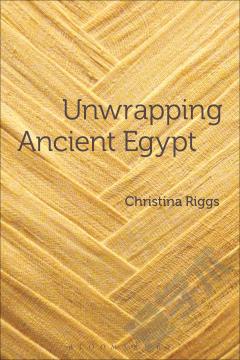Priests of Ancient Egypt
One becomes accustomed to seeing, in the ancient Egyptians, 'the most scrupulously religious of all men.' But this statement does not suffice to offer the keys to the Pharaonic civilization; in fact it would be a great error to consider the Egyptians too close to ourselves. Nothing, without doubt, is more modern than these stone heads found in the mastabas,1 than the bust of Queen Nofretete; nothing more alive, human in a reassuring fashion, than the scenes of daily life pictured in the tombs of Saqqara or 'of Thebes; nothing perhaps so directly familiar as the popular stories from the shores of the Nile. But beware of thinking that the ancient Egyptian was a man like us, that his civilization was basically analogous to ours, that his thinking was, in the progress of a world still imperfectly known, the beginning of modern thought.
{{comment.content}}








 京公网安备 11010802027623号
京公网安备 11010802027623号